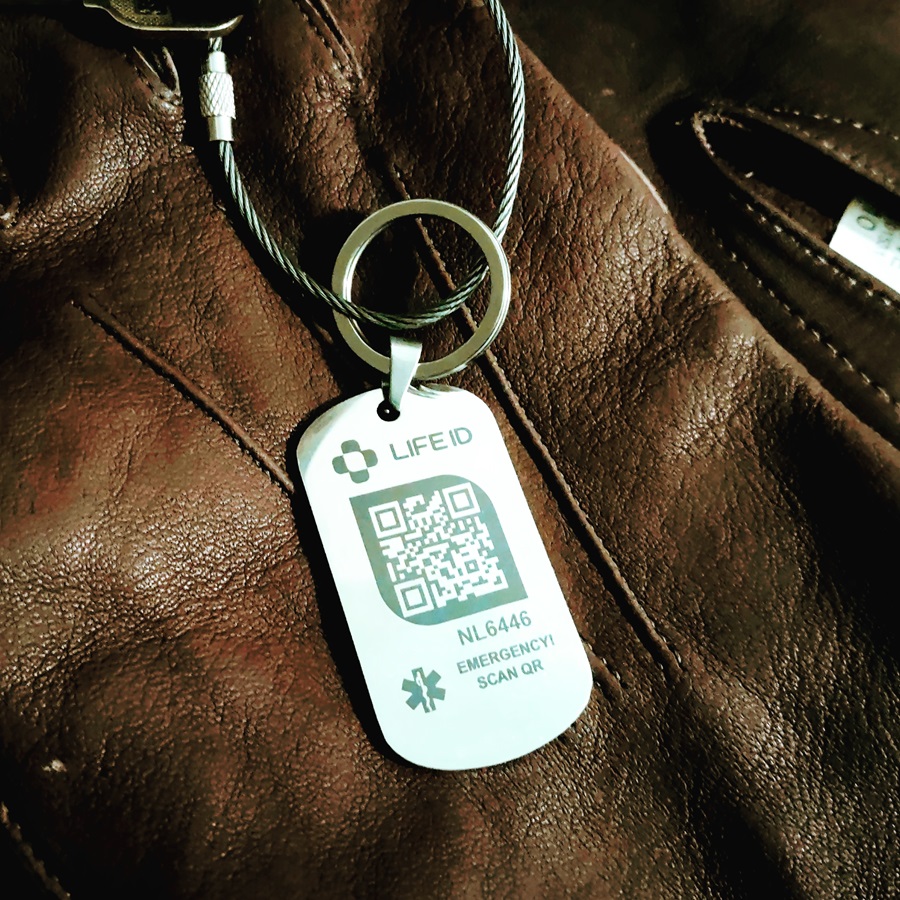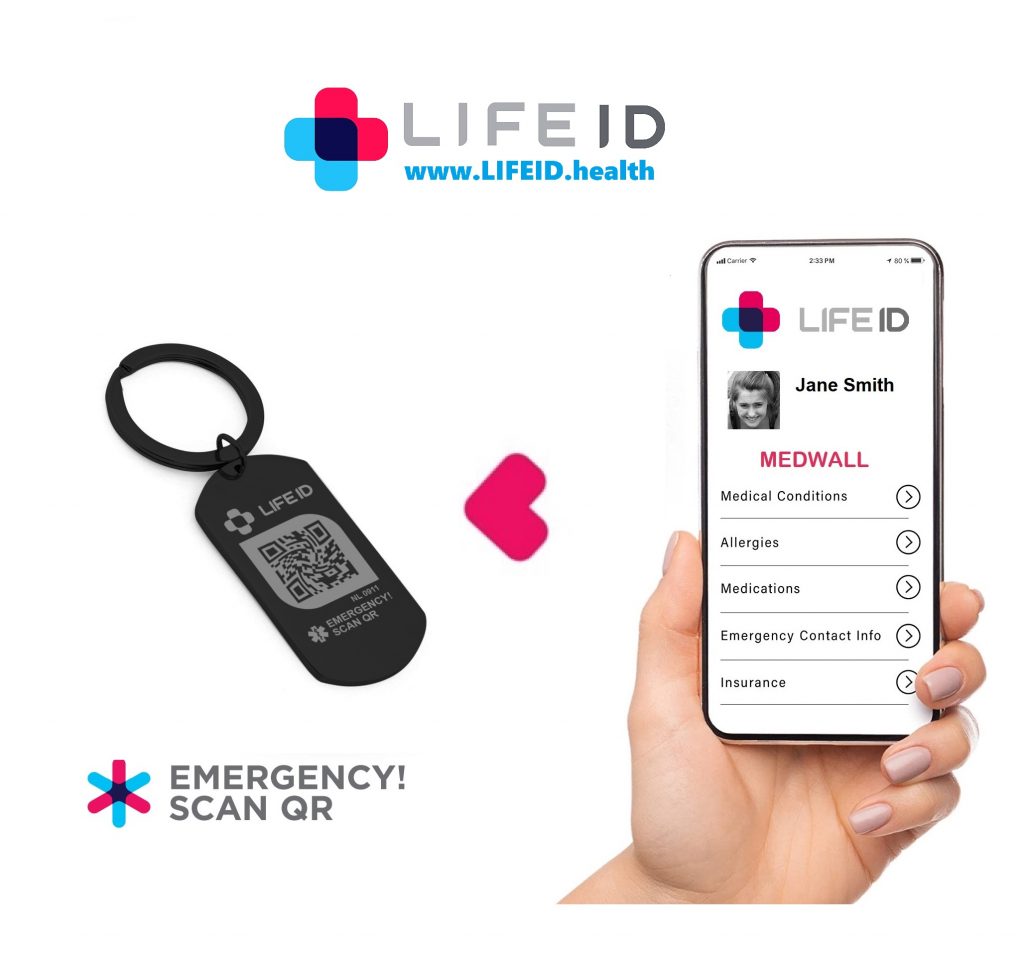
All about antidepressants
Antidepressants can help relieve the symptoms of depression and anxiety. Common examples include selective serotonin reuptake inhibitors (SSRIs), such as fluoxetine (Prozac), and serotonin-norepinephrine reuptake inhibitors (SNRIs), such as duloxetine (Cymbalta).
Antidepressants work by increasing neurotransmitters in the brain. Experts believe these brain chemicals are responsible for changes in mood and behavior.
This article covers the types of antidepressants, how they work, their side effects, other uses, and alternative options.
Types
Doctors tend to divide antidepressants into different types. These include:
Selective serotonin reuptake inhibitors (SSRIs)
SSRIs are a first-line
treatment option for depression.
Examples of SSRIs include:
- citalopram
- escitalopram
- fluoxetine
- fluvoxamine (Luvox)
- paroxetine
- sertraline
Serotonin-norepinephrine reuptake inhibitors (SNRIs)
SNRIs are a newer class of antidepressants compared with SSRIs. However, they work similarly.
Doctors may prescribe SNRIs for:
- attention deficit hyperactivity disorder (ADHD)
- obsessive-compulsive disorder (OCD)
- anxiety disorders
- menopausal symptoms
- fibromyalgia
- chronic neuropathic pain
Examples of SNRIs include:
- duloxetine
- venlafaxine
- desvenlafaxine (Pristiq)
Side effects
All drugs have side effects, not just antidepressants.
Different antidepressants have different side effects. However, not everyone experiences them.
SSRI and SNRI side effects
SSRIs and SNRIs can lead to:
- nausea
- indigestion
- headache
- sexual dysfunction
SNRIs can also increase blood pressure. A person with a serious heart condition should not take the SNRI venlafaxine.
TCA side effects
TCAs may have the following side effects:
- dry mouth
- tremor
- fast heart rate
- constipation
- insomnia
- weight gain
MAOI side effects
MAOIs can interact with other drugs. For example, if a person combines an MAOI with an SSRI, it could lead to serotonin syndrome. Serotonin syndrome is a serious condition in which a person has too much serotonin in their body.
MAOIs can also lead to:
- dry mouth
- diarrhea
- nausea
- drowsiness
- constipation
- dizziness
- insomnia
- lightheadedness
- sexual dysfunction
MAOIs prevent the breakdown of tyramine. If a person consumes foods that contain tyramine, such as sausages, dried fish, and overripe fruit, it can lead to a hypertensive crisis. This is a severe increase in blood pressure that can lead to a stroke.
NaSSA side effects
These antidepressants can lead to side effects similar to SSRIs and SNRIs. NaSSAs can also cause drowsiness and weight gain. They are less likely to cause sexual dysfunction.
Effectiveness
Antidepressants tend to be effective. However, everyone responds to medication differently.
According to the Institute for Quality and Efficiency in Health Care, 40–60% of people who took an SSRI or SNRI for depression noticed some symptom relief within 6–8 weeks.
The research notes that the more severe the depression, the greater the benefits of antidepressants may be.
Alternative options
People may wish to try the following:
Therapy
People with depression may wish to undergo therapy. Types of therapy that can help treat depression include:
- cognitive behavioral therapy (CBT)
- interpersonal therapy
- problem-solving therapy
Diet and exercise
The Centers for Disease Control and Prevention (CDC) notes that regular physical activity can reduce a person’s risk of depression. People may wish to try three exercise sessions per week for 12–24 weeks.
People may also benefit from eating a balanced, nutritious diet full of fresh and whole foods. They may wish to avoid or limit refined and processed foods.
Frequently asked questions
Below are some commonly asked questions about antidepressants.
Which antidepressant is right for me?
There are many types of antidepressants. They all work differently and have different benefits, risks, and side effects.
A person can speak with a doctor about their individual circumstances. The doctor can help them find the best treatment option for them.
Are antidepressants safe during pregnancy?
The CDC notes there is a link between taking SSRIs during pregnancy and congenital abnormalities. However, this risk is very low.
For some people, the risks associated with stopping the medication are higher than those associated with continuing to take it.
If a person is pregnant and wishes to continue or begin taking antidepressants, they should speak with a doctor.
Tiny amounts of some antidepressants can enter breast milk. However, the CDC states most antidepressants will have no effect on milk supply or the child’s well-being.
How long should I stay on antidepressants?
According to the NHS, doctors typically suggest a person takes antidepressants for at least 6 months.
People should take their antidepressants exactly as their doctor has prescribed.
Summary
Antidepressants can help relieve symptoms of conditions such as depression and anxiety disorders. They work by increasing neurotransmitters in the brain.
Examples of antidepressants include SSRIs, SNRIs, TCAs, and NaSSAs. MAOIs may also be an option, though doctors prescribe these less often due to the risk of adverse side effects.
It can take several weeks for antidepressants to start working. People may experience side effects.
Alternatives to antidepressants include therapy, diet and exercise, and St. John’s wort. However, depression is a serious condition that may need professional treatment. Anyone who experiences the symptoms of depression should speak with a doctor.
ABOUT LIFE ID
The Ultimate Medical ID. More Than Just A Few Engraved Lines: Many health conditions require more than a couple words to explain. Each LIFE ID product links to your online profile where you can store unlimited medical information for free
Use Coupon Code 10BUCKSOFF And Get $10 Off Any LIFE ID Today!
HOW LIFE ID WORKS
LIFE ID VIDEOS

